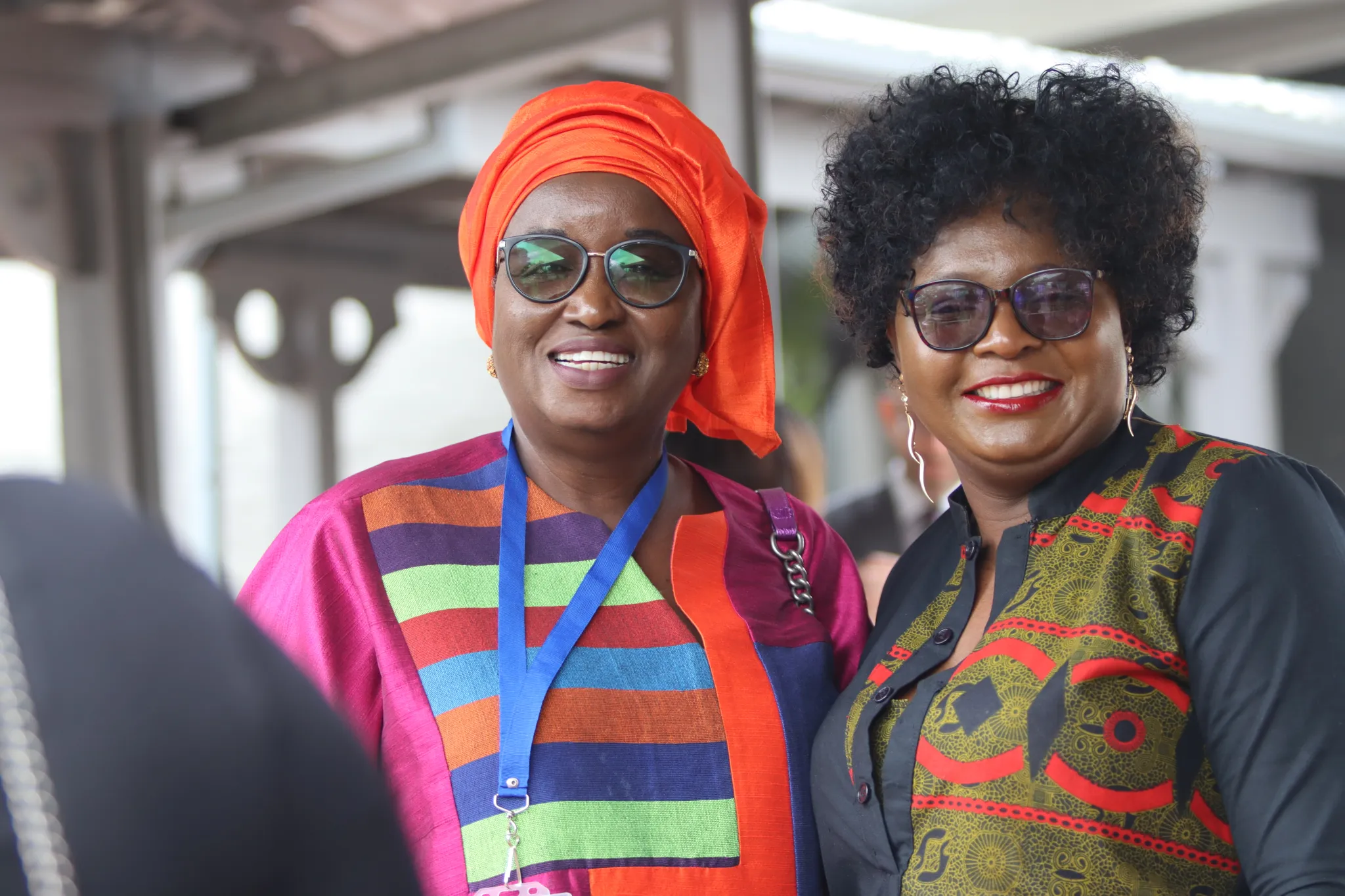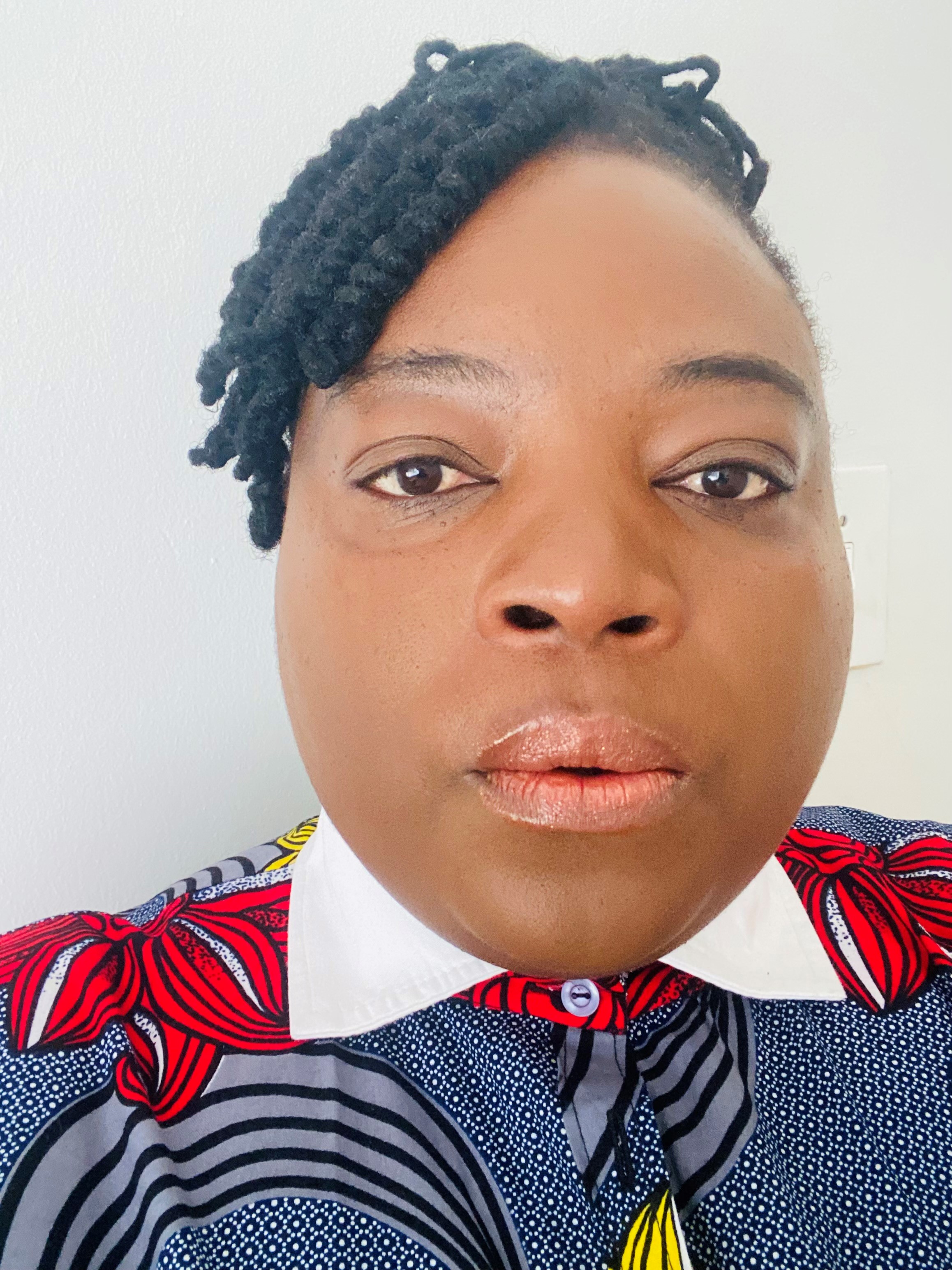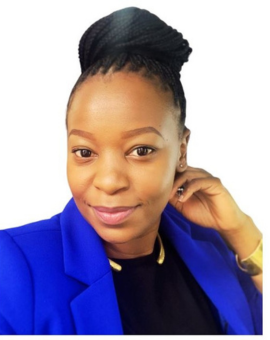Inspiring inclusion: Afro-feminist approaches for women's political participation

The contemporary stage of African politics owes much of its success to the contributions made by women from the pre-colonial era to date. The dominance of male political leadership in present day Africa requires an analysis of the barriers to inspire inclusion as inclusion is usually driven by the political will to change the informal and formal status quo of these barriers. Inspiring inclusion for women in politics implies appreciation of women’s political capacities, without questioning their careers, family status or bodies. It is seldom that male politicians' capacities are questioned on these lines.
Since this is a celebratory month, the continent is celebrating a one percentage point increase in women’s representation in the African Parliament from 24 per cent in 2021 to 25 per cent in 2024, as revealed in the topline findings of the International IDEA Women’s Political Participation in Africa Barometer, led by Gender Links. While there is a tendency to celebrate women’s achievements through dedicated women’s days or month, it is necessary to underscore that such celebratory activities should not be superficial but dwell on the roles women play in Africa’s political development. The political exploits that women have pursued in, for example, Benin, Burkina Faso, Cabo Verde, Guinea and Sierra Leone have yielded a 10-percentage point increase in women’s political participation.
During the colonial era, queens, queen mothers, regents, female chiefs and individual women managed to 'push back the push back' by formulating effective strategies that protected kingdoms and enabled them to thrive. In that era, women enjoyed their freedom and often were less dependent on their male counterparts. Women asserted their power by being important components of officials in political spheres. Many women were included in high-level advisory positions through their hard work, diplomacy, personal traits and strength. Of note is that women did and are still contributing to political development through goal-directed behaviours that brought about stability in kingdoms and government establishments. Now, when we say inspire inclusivity in politics, we mean that women’s relevance, qualities and capabilities should be recognised as necessary and a non-negotiable in democracy. In the same vein, women’s leadership usually brings legitimacy through informal and formal consultative actions by the women politicians with both grassroots and policymakers. Thus, the colonial and even pre-colonial era inspired political inclusivity through recognising women’s political capabilities.
Present day democracy dictates that there be formal aspects to inclusive governance. These formal factors include institutional aspects (laws, policies, practices), resources (information, financial, technology) and promotional (the role of media) are imbued with patriarchy, also glaring in the informal factors that bar women’s political participation. Africa is not short of inclusive political decision-making instruments. The feminist approach for the continent is therefore to address the root causes on the struggles to achieve equality in political decision-making. One apparent cause is the alienation of women’s economic power from political power. The point that personal and political party resources are needed by women to conduct successful political campaigns cannot be over-emphasized. The continuum of gender violence in politics persists evolving in various shapes throughout the political cycle. It therefore apparent that inspiring women’s political decision-making is not possible without achieving economic power and a violence free electoral environment.
Women politicians such as former Malawi president, Joyce Banda, who embarked on a charm offensive to restore the country's image; Winnie Madikizela Mandela, who was the glue of the African National Congress' politics during apartheid South Africa as well as inspiring a strong post-apartheid women’s movement; Funmilayo Ransome-Kuti of Nigeria a political activists and advocate for women's voting rights; Ameenah Gurib-Fakim of Mauritius who spoke against discrimination; Ellen Johnson Sirleaf of Liberia who is the first woman elected president in the continent, all moved to inspire inclusion in politics.
While Rwanda has the highest representation of women in parliament at 61 per cent, Africa is still dotted with low performance such as that on Nigeria currently with 4 per cent representation. The approach is therefore to inspire inclusion by reviewing the informal factors that perpetrate non-inclusion. Twenty countries in Africa have the First Past The Post (FPTP) electoral systems in Africa while 19 have Proportional Representation (PR) while the rest have mixed or other systems. Through political will reviews can be done to ensure that these favour the inclusion of women in politics.
With at least twenty elections expected in Africa between 2024 and 2025, inspiring inclusion will require feminist approaches that include capacity strengthening, mentoring, resources and peer learning for women politicians. The continuing work of civil society, inter-governmental organizations and key influencers to push governments towards this trajectory should be celebrated.





